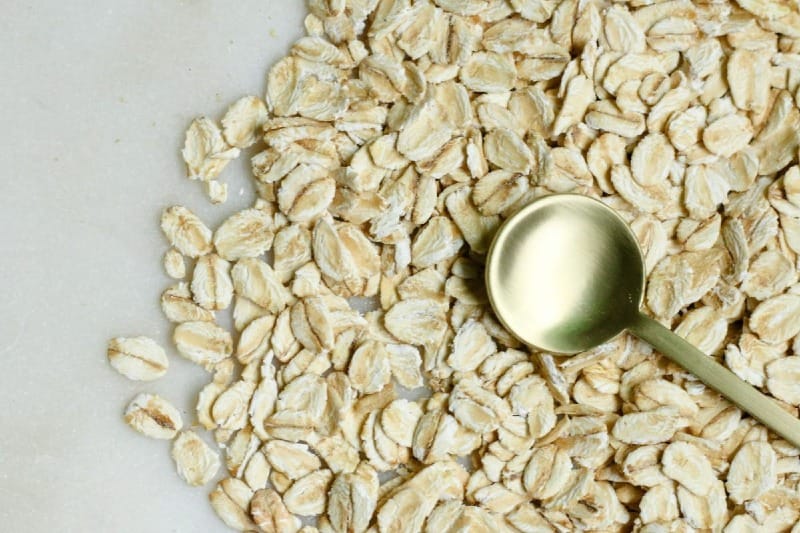Wegovy (semaglutide) has become a popular medication for weight loss, but what happens when you stop taking it? Many people worry about regaining weight and struggling with increased hunger. Fortunately, there are natural strategies you can implement to help maintain satiety and support your weight management goals after discontinuing Wegovy.
Key takeaways:
• Focus on high-fiber, protein-rich foods
• Practice mindful eating techniques
• Incorporate regular physical activity
• Manage stress through relaxation methods
• Stay hydrated with water and herbal teas
Prioritize nutrient-dense, satiating foods
One of the most effective ways to maintain satiety after stopping Wegovy is to focus on consuming nutrient-dense foods that naturally promote fullness. High-fiber foods like vegetables, fruits, whole grains, and legumes can help slow digestion and keep you feeling satisfied for longer[1]. Additionally, protein-rich foods such as lean meats, fish, eggs, and plant-based protein sources can increase feelings of fullness and reduce overall calorie intake[2].
Consider incorporating the following foods into your diet:
• Leafy greens (spinach, kale, collard greens)
• Cruciferous vegetables (broccoli, cauliflower, Brussels sprouts)
• Berries (strawberries, blueberries, raspberries)
• Quinoa, oats, and other whole grains
• Lentils, chickpeas, and beans
• Greek yogurt, cottage cheese, and lean meats

Practice mindful eating techniques
Mindful eating can help you tune into your body's hunger and fullness cues, potentially reducing overeating and promoting satiety. This approach involves paying close attention to your food, eating slowly, and savoring each bite[3]. Some mindful eating strategies include:
• Eating without distractions (e.g., turning off the TV or putting away your phone)
• Chewing thoroughly and taking small bites
• Pausing between bites to assess your hunger level
• Using smaller plates to control portion sizes
• Practicing gratitude for your meals
Incorporate regular physical activity
Exercise not only burns calories but can also help regulate appetite hormones and improve insulin sensitivity[4]. Aim for at least 150 minutes of moderate-intensity aerobic activity or 75 minutes of vigorous-intensity aerobic activity per week, as recommended by the World Health Organization[5]. Some activities to consider include:
• Brisk walking or jogging
• Cycling
• Swimming
• Dancing
• Strength training exercises
Remember to start slowly and gradually increase the intensity and duration of your workouts to avoid injury and burnout.
Manage stress through relaxation techniques
Stress can lead to emotional eating and increased cravings for high-calorie foods. Implementing stress-reduction techniques can help you maintain better control over your eating habits[6]. Some effective stress management strategies include:
• Meditation and deep breathing exercises
• Yoga or tai chi
• Progressive muscle relaxation
• Journaling
• Spending time in nature
Stay hydrated with water and herbal teas
Proper hydration is crucial for maintaining satiety and supporting overall health. Sometimes, thirst can be mistaken for hunger, leading to unnecessary snacking. Aim to drink at least 8 glasses of water per day, and consider incorporating herbal teas for additional flavor and potential health benefits[7]. Some hydration tips include:
• Keeping a water bottle with you throughout the day
• Flavoring water with fresh fruits or herbs
• Drinking a glass of water before meals
• Opting for herbal teas like green tea, chamomile, or peppermint
Conclusion
While transitioning off Wegovy can be challenging, implementing these natural strategies can help you maintain satiety and support your weight management goals. By focusing on nutrient-dense foods, practicing mindful eating, staying active, managing stress, and staying hydrated, you can create a sustainable approach to long-term health and well-being.
Remember that everyone's journey is unique, and it may take time to find the right combination of strategies that work best for you. Be patient with yourself and celebrate small victories along the way.
And by the way
For more information on longevity science and health news, explore our other articles on www.sanatorium.health. Stay informed and empowered on your journey to optimal health and well-being.
References:
[1] https://www.ncbi.nlm.nih.gov/pmc/articles/PMC6358997/
[2] https://pubmed.ncbi.nlm.nih.gov/25926512/
[3] https://www.health.harvard.edu/blog/mindful-eating-may-help-with-weight-loss-2019031316463
[4] https://www.ncbi.nlm.nih.gov/pmc/articles/PMC3771367/
[5] https://www.who.int/news-room/fact-sheets/detail/physical-activity
Citations:
[1] https://www.singlecare.com/blog/wegovy-alternatives/
[2] https://www.buzzrx.com/blog/is-there-a-cheaper-alternative-to-wegovy-what-to-know
[3] https://www.medicalnewstoday.com/articles/wegovy-alternative
[4] https://www.healthline.com/health/drugs/wegovy-alternative
[5] https://www.forbes.com/health/weight-loss/ozempic-alternatives/
[6] https://www.goodrx.com/wegovy/alternatives
[7] https://news.northeastern.edu/2024/05/24/ozempic-alternatives-dupes-safety/














Member discussion